
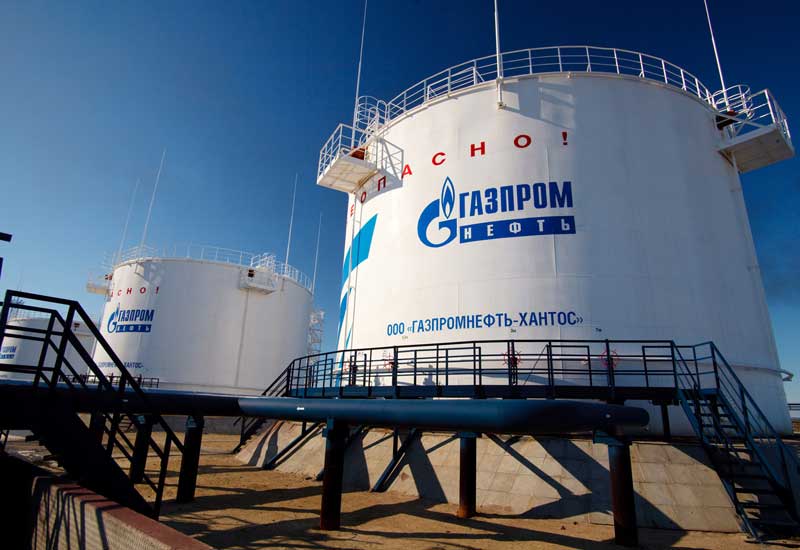
Scientists across the globe are making remarkable strides in the quest to convert carbon dioxide (CO2) into usable fuels, a quest that could dramatically reshape the way we address climate change and energy needs.
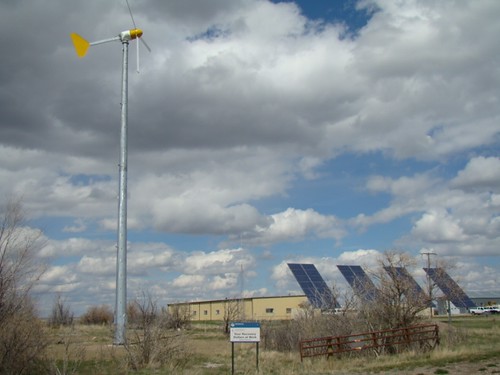
A series of pioneering studies have reported significant progress in transforming CO2 into valuable substances, from methanol to carbon monoxide and even powdery fuels, with implications for clean energy and carbon reduction strategies that align closely with the interests of military tech and politics enthusiasts.

At the University of Michigan, researchers have advanced a cobalt phthalocyanine catalyst that shows promise in the conversion of CO2 to methanol—a potential game-changer for renewable energy applications.

Methanol could power vehicles more eco-consciously, presenting a sustainable method for diminishing greenhouse emissions. “Our approach is unique because we are able to bring and bridge all this knowledge that each field has on the same problem,” explained Kevin Rivera-Cruz, a notable contributor to the study. By redesigning the catalyst to interact more strongly with CO, scientists aim to improve the conversion process, a move that could scale up clean fuel production significantly.

Simultaneously, MIT chemical engineers have developed an efficient system to transform CO2 into carbon monoxide using electricity, with a catalyst tethered to an electrode surface by DNA strands. This process, potentially scalable for industrial applications, provides a way to utilize CO2 emissions and dissolved carbon from the ocean, turning them into profitable chemicals.
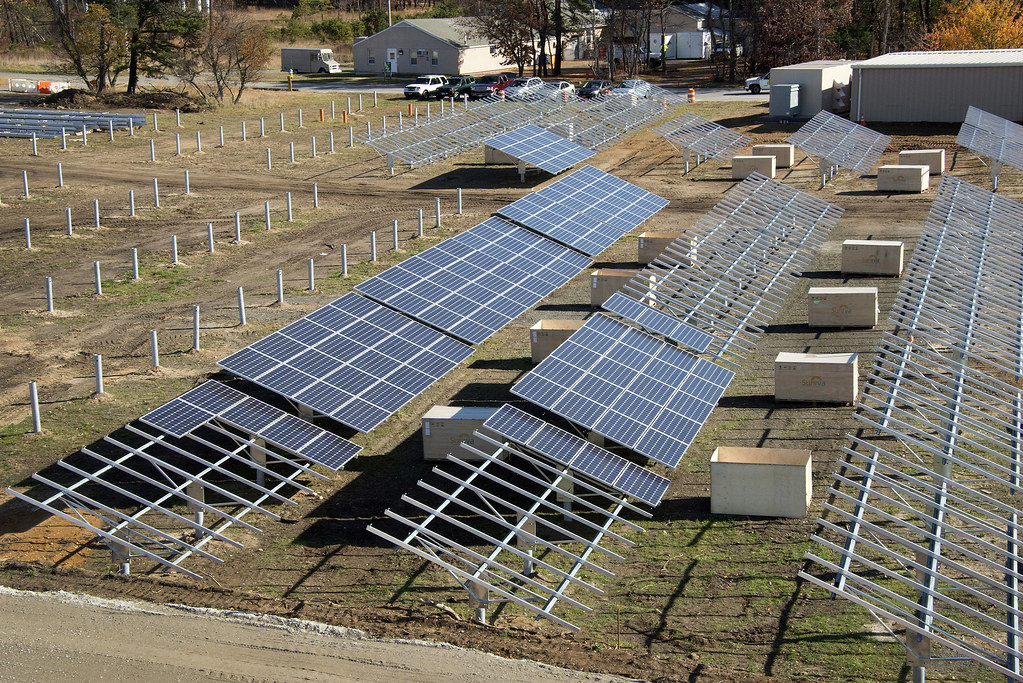
“This would allow you to take carbon dioxide from emissions or dissolved in the ocean, and convert it into things that are useful for chemical manufacture,” says Ariel Furst, the study’s senior author. The innovative use of DNA to improve reaction efficiency has resulted in a 100 percent Faradaic efficiency, where all electrical input is converted into chemical reactions without waste.
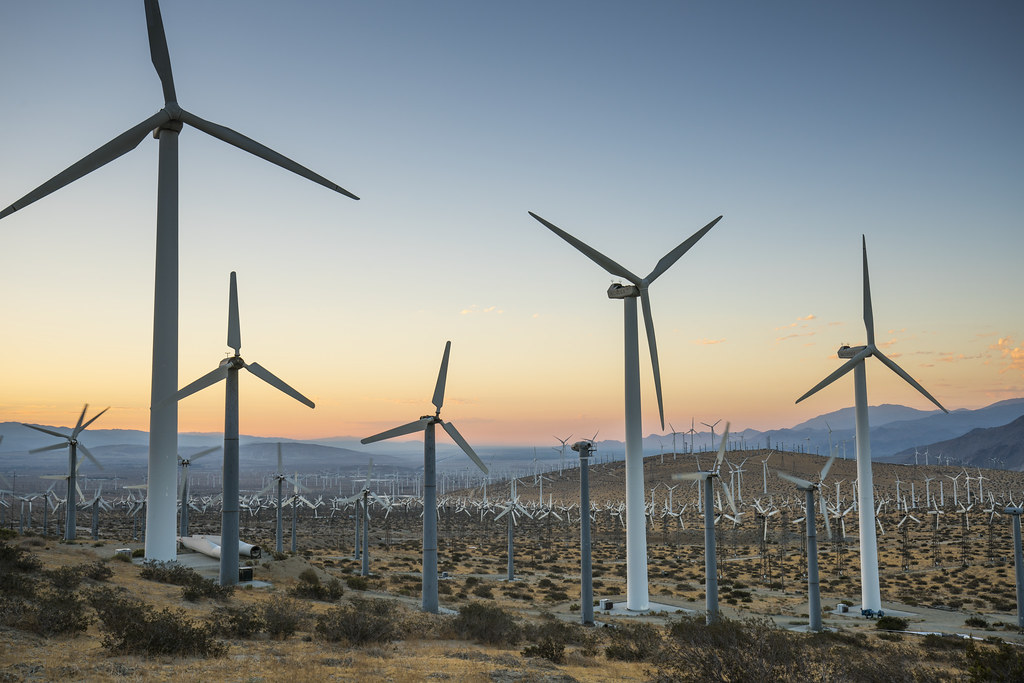
In another groundbreaking MIT study, scientists have converted CO2 into a harmless, powdery fuel, sodium formate, which can be stored for extended periods and later converted into clean electricity. This discovery offers a potential replacement for conventional batteries, storing electricity for months or even years. “Think of it as artificial wood,” said Ju Li, the lead researcher of the team.

The powder has been safely stored without corrosion, and a fuel cell capable of powering homes with no atmospheric emissions is also in the works.

These advancements, funded and supported by various institutions including the U.S. Army Research Office and the MIT Deshpande Center, are not just academic exercises; they pave the way for commercial ventures seeking to harness CO2 for energy generation. Helix Carbon, a company stemming from the MIT research, is taking steps toward commercial use.
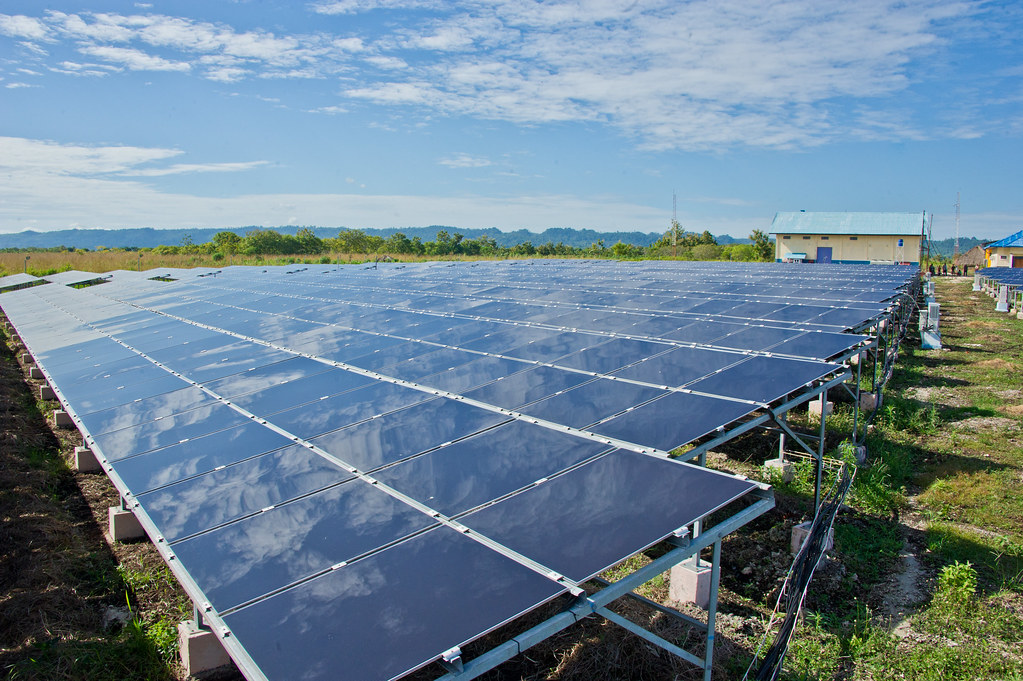
While these innovations may not be immediately deployable on the battlefield or aboard a naval ship, the potential for such technologies to shape the energy landscapes of tomorrow’s military and civilian infrastructures is immense.

As governments and industries globally seek to meet emission reduction goals, the military sector is likely to pay close attention to these developments, given their implications for energy security and strategic advantage.

Each of these studies provides a glimmer of hope and a possible path forward in addressing the dual challenge of climate change and sustainable energy production.

As researchers continue to refine these techniques and tackle the “valley of death” in commercializing laboratory solutions, the future of clean energy looks increasingly bright, resonating strongly with a cohort attuned to military precision, political acumen, and a desire for cutting-edge technology.


Relevant articles:
– A leap toward carbon neutrality: New catalyst converts carbon dioxide to methanol, Phys.org
– Engineers find a new way to convert carbon dioxide into useful products, MIT News
– Scientists Discover How to Convert CO2 into Powder That Can Be Stored for Decades, scientificamerican.com
– A new way to convert carbon dioxide into valuable products, Tech Explorist

